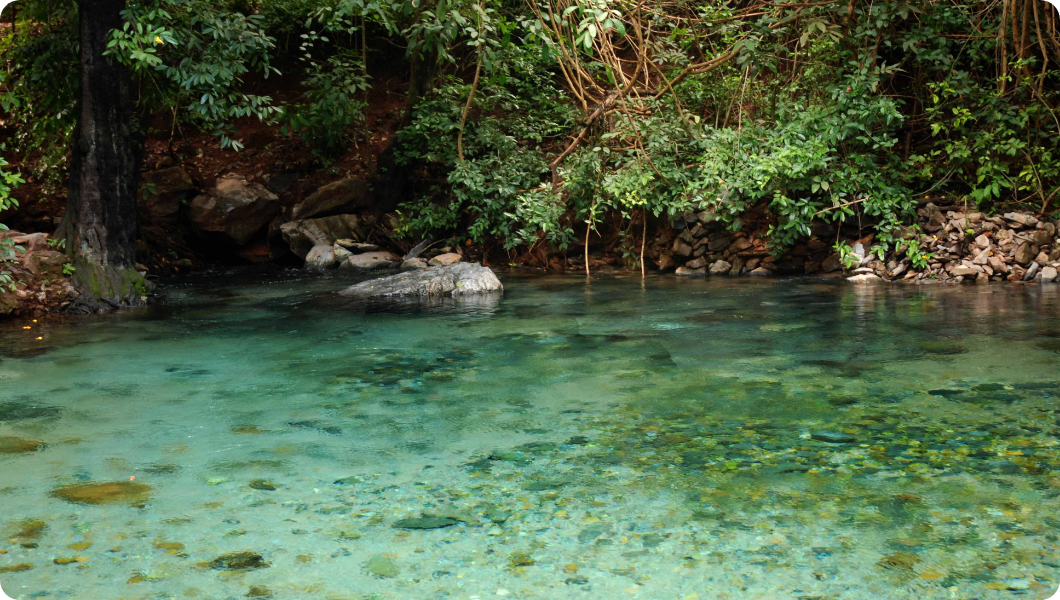The PEPSA Law recognizes that environmental services can be provided not only by the State of Tocantins, but also by other public or private entities and individuals. This guideline respects constitutional rights related to private property and the autonomy of property owners, also ensuring that indigenous peoples and traditional communities can develop their own REDD+ projects.
However, to ensure the environmental and accounting integrity of the system, it is essential to avoid double counting of carbon credits, that is, to prevent the same emission reduction from being simultaneously accounted for in an individual project and in the JREDD+ Program. To this end, the State of Tocantins maintains a State Database of REDD+ Projects, which plays a crucial role in nesting these initiatives in the Jurisdictional Program.


Nesting refers to the process of integrating and methodologically aligning private REDD+ projects with the Tocantins Jurisdictional Program. This procedure will ensure that emissions reductions achieved by individual projects are recognized and accounted for in a coordinated manner within a broader environmental governance framework, avoiding overlaps and distortions in the accounting of carbon credits.
Furthermore, nesting will ensure that private projects follow the same environmental guidelines and safeguards required by the jurisdictional program. This means that the methodologies used to measure and report emissions reductions must be consistent with jurisdictional criteria, ensuring transparency, traceability and environmental integrity.
The rules for nesting private REDD+ projects into the Jurisdictional Program will be defined after discussions in the Nesting Working Group, which is currently being established by SEMARH. In absence of these rules, interested parties remain free to develop their projects and the credits generated by these private initiatives will be discounted from the jurisdictional accounting, as determined by the TREEs standard. However, it is immediately required that the project be registered in the PEPSA Public Database, in accordance with Art. 16 of State Law No. 4.111/2023.
Registration in the PEPSA Public Database
All private REDD+ projects must be registered in the PEPSA Database, ensuring that their activities are monitored.
Nesting of projects in the Jurisdictional Program
A process will be established for the integration of projects into the jurisdictional program.